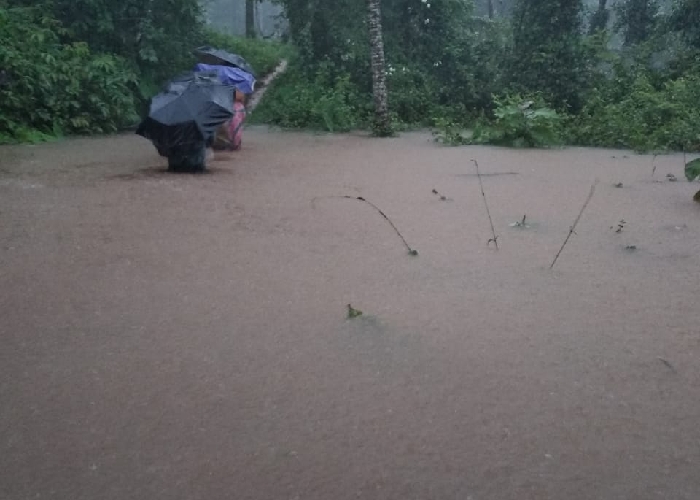Ajmer, May 12: School textbooks in Rajasthan has a new narrative. Freedom fighter Bal Gangadhar Tilak, also known as Lokamanya Tilak, has been described as the `father of terrorism`.
Chapter 22 of the reference book for Class 8 Social Studies has a chapter on "Incidents of National Movement during 18th and 19th century". One of the subtopics is on Tilak.
"Tilak demonstrated a path towards national movement, therefore, he is called as the father of terrorism," reads page 267 of the book.
The book published by a Mathura-based printer is being used by private English-medium schools affiliated to the Rajasthan Board of Secondary Education (RBSE).
"Tilak clearly believed that we cannot achieve anything just by pleading the British officers. Through Shivaji and Ganpati festivals, Tilak aroused unique awareness in the country. He instilled the mantra of freedom among the masses, due to which he became a thorn in the eyes of the British," the book further reads.
The chapter is also reportedly poorly phrased, with strong ideological opinions.
The incident has sparked a row.
"Describing Tilak as the "father of terrorism" is highly condemnable, said Private School Association Director Kailash Sharma. “Before writing or making such controversial changes in texts, one should consult with the historians first."
Congress leader Digvijaya Singh tweeted, “Class 8 book calls Bal Gangadhar Tilak 'father of terrorism' Would CM Rajasthan please correct it and punish the guilty?”
Other academicians and historians called it derogatory to term Tilak as 'the father of terrorism'.
This is not the first such textbook incidence in Rajasthan.
In 2017, Rajasthan state board schools gave prominent space to Hindutva ideologue Veer Savarkar, pushing to the role of Father of the Nation Mahatma Gandhi and Jawaharlal Nehru to the margins.






Comments
Add new comment